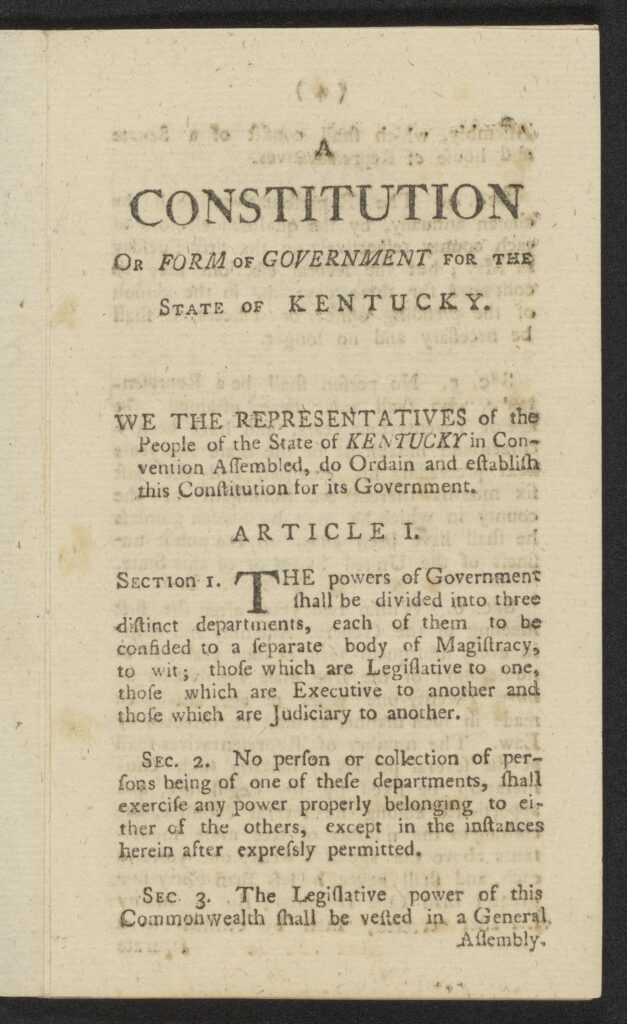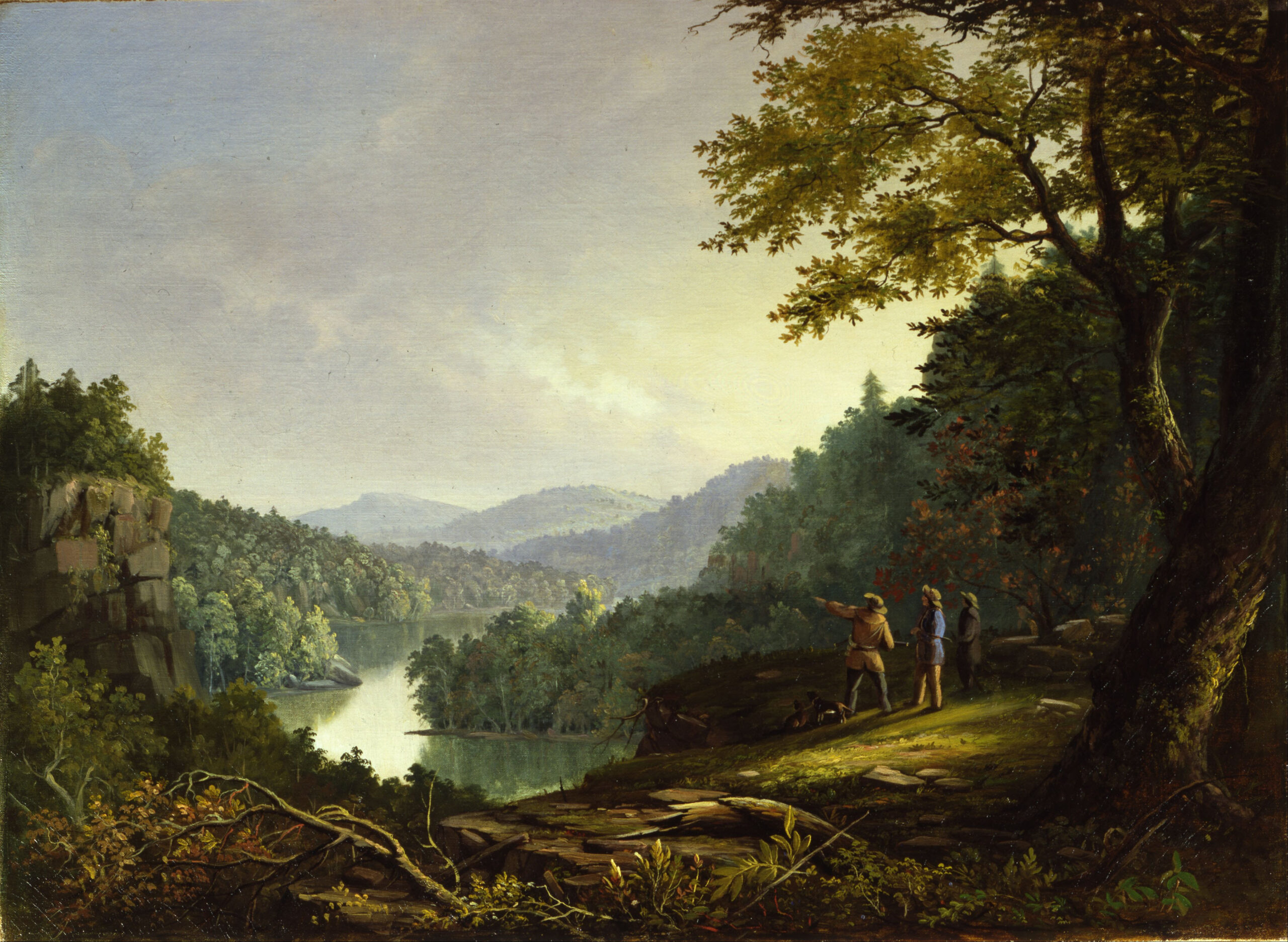From Frontier to Commonwealth: The Founding of Kentucky
In the closing decades of the 18th century, the region now known as Kentucky was a vast frontier, rich in resources and ripe for settlement. Pioneers from the eastern seaboard, lured by tales of fertile lands and abundant wildlife, crossed the Appalachian Mountains in search of new opportunities. This westward expansion set the stage for Kentucky’s transformation from a remote district of Virginia into the 15th state of the Union.
Separation from Virginia
Originally, Kentucky was not a separate entity but part of Virginia’s expansive territory. The sheer distance from the administrative centers in Virginia made governance challenging. Settlers in the Kentucky district faced numerous hardships: skirmishes with Native American tribes defending their homelands, disputes over land claims due to vague or overlapping grants, and a general sense of neglect from a government that seemed distant—both geographically and in addressing their concerns.
Recognizing these issues, local leaders and settlers began to advocate for greater autonomy. Between 1784 and 1792, a series of conventions were held in Danville, where delegates debated the future of the district. The desire for self-governance grew stronger with each meeting. The consensus was clear: to effectively manage their affairs, the people of Kentucky needed to establish their own state.
Negotiations with Virginia were complex but ultimately fruitful. Understanding the practical difficulties of administering such a distant territory and perhaps influenced by the spirit of independence that had recently shaped the nation, Virginia consented to Kentucky’s separation.

On June 1, 1792, Kentucky was officially admitted to the United States, marking a significant moment as the first state west of the Appalachians to join the Union.
The Commonwealth
An intriguing aspect of Kentucky’s statehood is its designation as a “Commonwealth.” Alongside Virginia, Massachusetts, and Pennsylvania, Kentucky chose this title upon its founding. The term “Commonwealth” originates from the English word meaning “public welfare” or “common good.” It reflects a philosophy of governance centered on the well-being of the community as a whole.
There is no legal distinction between a commonwealth and a state; both function identically under the Constitution.
In practical terms, there is no legal distinction between a commonwealth and a state within the United States; both function identically under the Constitution. The use of “Commonwealth” is largely traditional, symbolizing a historical commitment to democratic principles and collective prosperity.
Crops, Horses, Shipping
Following its admission to the Union, Kentucky rapidly developed its economy and culture. The state’s fertile soil proved ideal for agriculture, with tobacco and hemp becoming significant cash crops.
The rolling bluegrass fields were not only picturesque but also perfect for breeding horses, leading to a thriving equine industry that endures today, epitomized by the world-renowned Kentucky Derby.
Geographically, Kentucky’s position along vital waterways like the Ohio and Mississippi Rivers turned it into a crucial hub for trade and migration. These rivers facilitated the movement of goods and people, further integrating Kentucky into the growing fabric of the young nation. The state balanced its agricultural pursuits with emerging industries, contributing to its economic diversification throughout the 19th century.
Southern traditions + frontier spirit = great music and bourbon
Culturally, Kentucky developed a distinct identity that blended Southern traditions with frontier spirit. This fusion is evident in its musical heritage, particularly the development of bluegrass music—a genre named after the state’s famed bluegrass region. Additionally, Kentucky became synonymous with bourbon whiskey, an industry that not only bolstered the economy but also became a defining element of the state’s cultural legacy.
The founding of Kentucky is a testament to the broader themes of American history during that era: the quest for self-determination, the challenges of nation-building, and the relentless push westward in pursuit of opportunity and prosperity. Kentucky’s evolution from a Virginian district to a commonwealth state highlights the complexities and aspirations of early American settlers striving to carve out their place in an expanding country.
A continuing journey
In essence, Kentucky’s journey to statehood was propelled by a combination of practical necessity and ideological commitment to self-governance. The choice to identify as a commonwealth underscores a dedication to the principles of the common good, even as it operates with the same legal standing as other states.
Today, Kentucky’s rich history and cultural contributions continue to influence its role and identity within the United States, offering a unique blend of tradition and progress rooted in its founding narrative.

